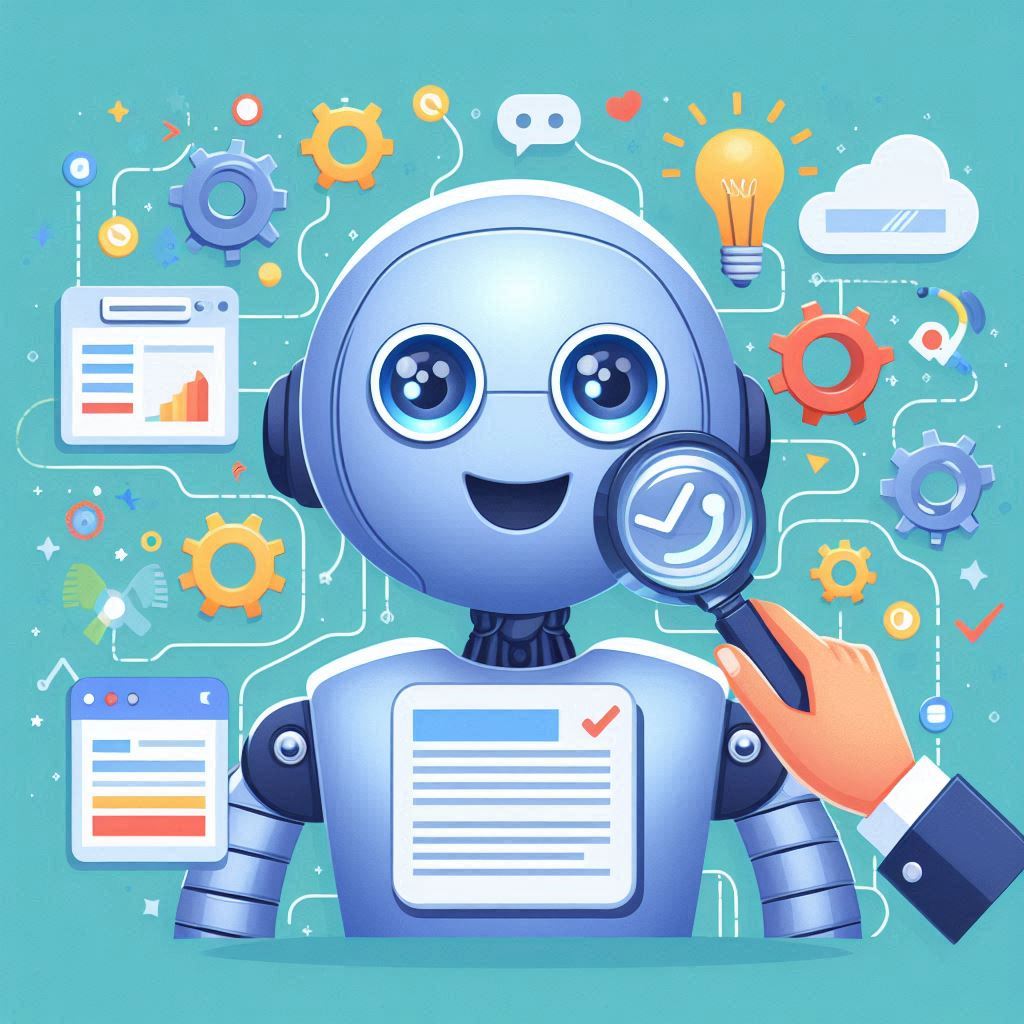
How to Write a Book Using AI: A Comprehensive Guide
- AI Writing Fundamentals

I know you’re wondering, “Can AI really help me write a book?” The answer is a resounding YES! AI writing tools are transforming the book-writing process, making it faster, easier, and more efficient than ever before. While AI can’t replace the creativity and emotional depth of a human author, it can certainly help bring your book ideas to life. Keep reading to learn more about how AI can help you write a book, including:
- The different types of AI tools available for writers
- Step-by-step instructions for writing a book with AI
- Real-world examples and case studies of authors using AI to write books
- The challenges and limitations of AI writing, and how to overcome them
- A glimpse into the exciting future of AI book writing
Understanding AI Book Writing
The world of writing is rapidly evolving, and artificial intelligence (AI) is playing an increasingly significant role. For aspiring authors, AI book writing tools offer a powerful way to streamline the creative process, overcome writer’s block, and bring their stories to life faster and easier than ever before.
This comprehensive guide will explore everything you need to know about writing a book using AI, from understanding the basics to navigating the challenges and exploring the future of AI in the world of literature.
What is AI Book Writing?
AI book writing involves using artificial intelligence software specifically designed to assist authors in the process of writing a book. These AI tools leverage natural language processing (NLP), advanced algorithms, and vast datasets to generate text, suggest ideas, and refine written content.
Types of AI Writing Tools
Here are some of the common types of AI writing tools:
- Grammar and Spelling Checkers: Tools like Grammarly help catch errors and improve writing quality.
- Language Enhancement Tools: The Hemingway Editor polishes prose for conciseness and impact.
- Content Generators: Popular options include BrandWell, Jasper, Writesonic, Rytr, ChatGPT, Sudowrite, Neuroflash, Simplified, and Squibler.
- Translation Tools: Useful for making your book accessible to a wider audience.
- Summarizers: Condense large amounts of text into manageable summaries.
- SEO Tools: Optimize your book’s metadata and marketing materials for search engines.
- Personalized Writing Assistants: Learn from your style and offer tailored suggestions.
- Voice-to-Text Tools: Helpful for authors who prefer dictating their stories.
- Plagiarism Checkers: Ensure originality and avoid accidental plagiarism.
- Image Generation Tools: Create visuals for covers and marketing materials.
Benefits of Using AI for Book Writing
AI can’t replace the human touch and creativity that are essential to good storytelling, but it can be a powerful ally in the book writing process. Here are some key benefits:
- Speed and Efficiency: AI generates text faster than humans, helping you complete drafts quickly.
- Overcoming Writer’s Block: AI provides inspiration and generates ideas to help you get unstuck.
- Improved Writing Quality: AI assists with grammar, spelling, and style, ensuring clarity and conciseness.
- Creativity Boost: AI offers fresh perspectives and unique storytelling approaches.
- Consistency: AI helps maintain a consistent tone and style throughout your book.
- Round-the-Clock Assistance: AI tools are available 24/7 to support your writing needs.
Step-by-Step Guide: How to Write a Book Using AI
Ready to start writing? Here is a step-by-step guide to help you write a book using AI:
- Define Your Book’s Concept: Clearly define the core concept or theme of your book.
- Outline Your Book: Create a detailed outline that serves as a roadmap for your story.
- Choose an AI Writing Tool: Research and select the best AI writing tool for your needs.
- Input Your Book Details: Provide relevant information about your book concept to the AI tool.
- Generate Content: Use the AI to generate text for different sections or chapters.
- Edit and Refine the Content: Review and edit the AI-generated text carefully.
- Incorporate Personal Insights: Infuse the content with your unique voice and perspective.
- Gather Feedback: Share your manuscript with beta readers for valuable feedback.
- Format and Design: Format your book for publication and create a captivating cover.
- Proofread: Thoroughly proofread your manuscript before publishing.
- Publish Your Book: Choose a publishing route that suits your goals.
Challenges and Limitations of Using AI in Book Writing
While AI offers many exciting possibilities for book writing, it’s essential to be aware of its limitations:
- Lack of Creativity: AI may produce predictable patterns and repetitive content.
- Lack of Emotional Intelligence: AI struggles to convey complex human emotions authentically.
- Narrative Coherence Issues: AI may have difficulty maintaining coherence in long texts.
- Risk of Misinterpretation: AI can misinterpret information or include inaccuracies.
- Lack of Personal Touch: AI cannot replicate the unique connection between author and reader.
- Data Privacy Concerns: Be aware of data privacy policies when using AI tools.
Legal and Ethical Considerations of AI Book Writing
The rise of AI in book writing raises important legal and ethical questions:
- Copyright and Ownership: Who owns the copyright to a book written with AI?
- Plagiarism: Authors should ensure AI-generated text is original and does not infringe on copyrights.
- Transparency: Should authors disclose the use of AI in their writing?
The Future of AI Book Writing
AI is still in its early stages, but it has the potential to revolutionize writing. Here are some potential developments:
- More Human-Like Writing: AI models will become better at mimicking human writing styles.
- Personalized Storytelling: AI could create tailored reading experiences based on individual preferences.
- Enhanced Collaboration: Expect more workflows where humans and AI work together in writing.
- New Forms of Literature: AI may lead to interactive narratives and evolving stories.
Real-World Examples of Books Written with AI
Despite the challenges, there are successful examples of books written with AI assistance:
- Alice and Sparkle: A children’s book created by Ammaar Reshi using Midjourney and ChatGPT, achieving #1 ranking in Amazon’s Children’s Technology Fiction New Releases.
FAQs About AI Book Writing
- Is there an AI that can write a book? Yes, various AI tools can assist authors in writing books.
- Can you legally write a book with AI? Yes, as long as you use the tools ethically and own the copyright.
- What is the best AI to write a book? It depends on your needs and preferences.
- How much does it cost to use an AI book writer? Costs vary; some tools are free while others have subscription plans.
- How long does it take to write a book with AI? It varies based on length, complexity, and your writing process.
Conclusion
The world of AI book writing is full of exciting possibilities. While AI can’t replace the creativity, imagination, and emotional depth that humans bring to storytelling, it can be an invaluable tool to help authors write faster, overcome obstacles, and explore new creative avenues.
Share:

